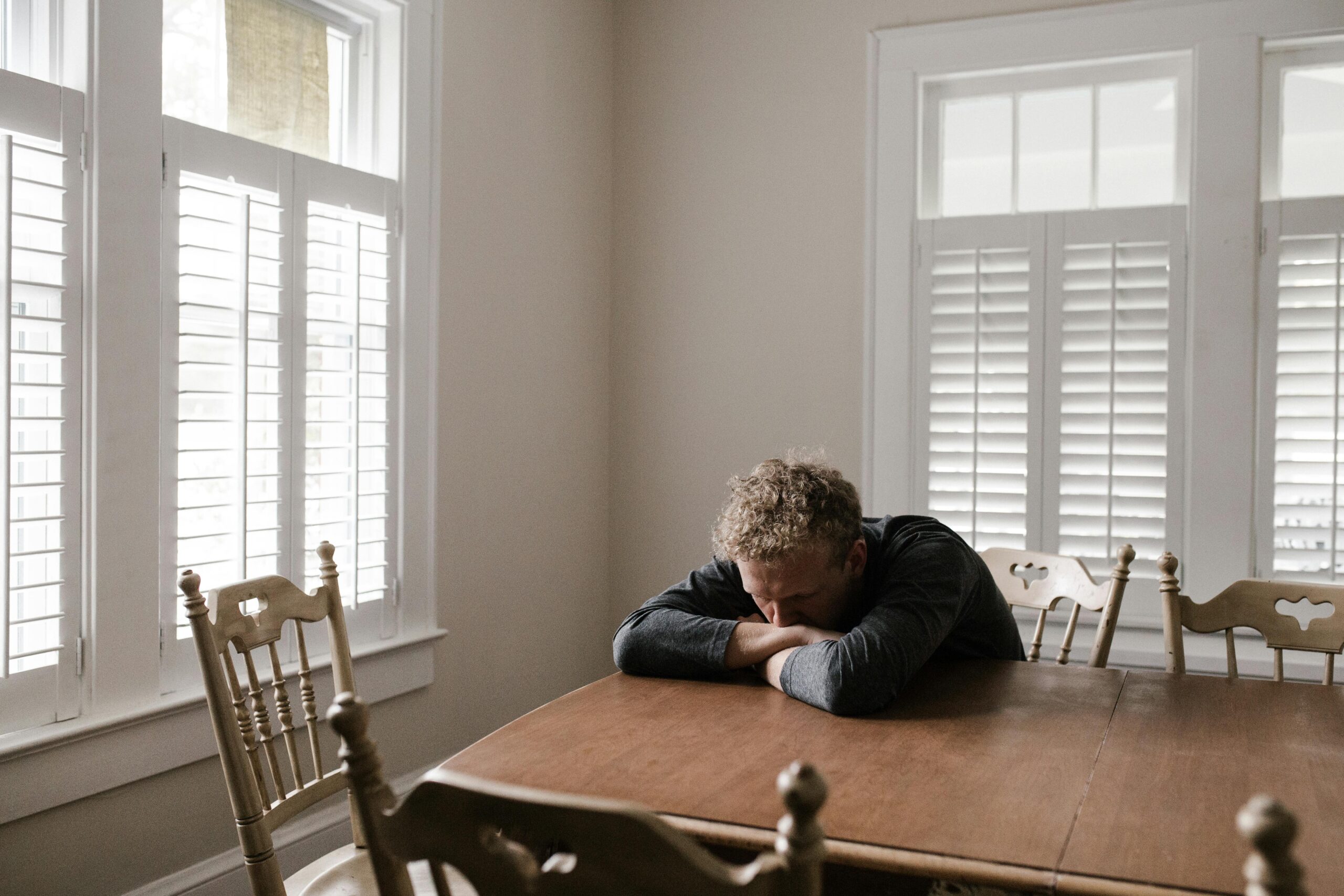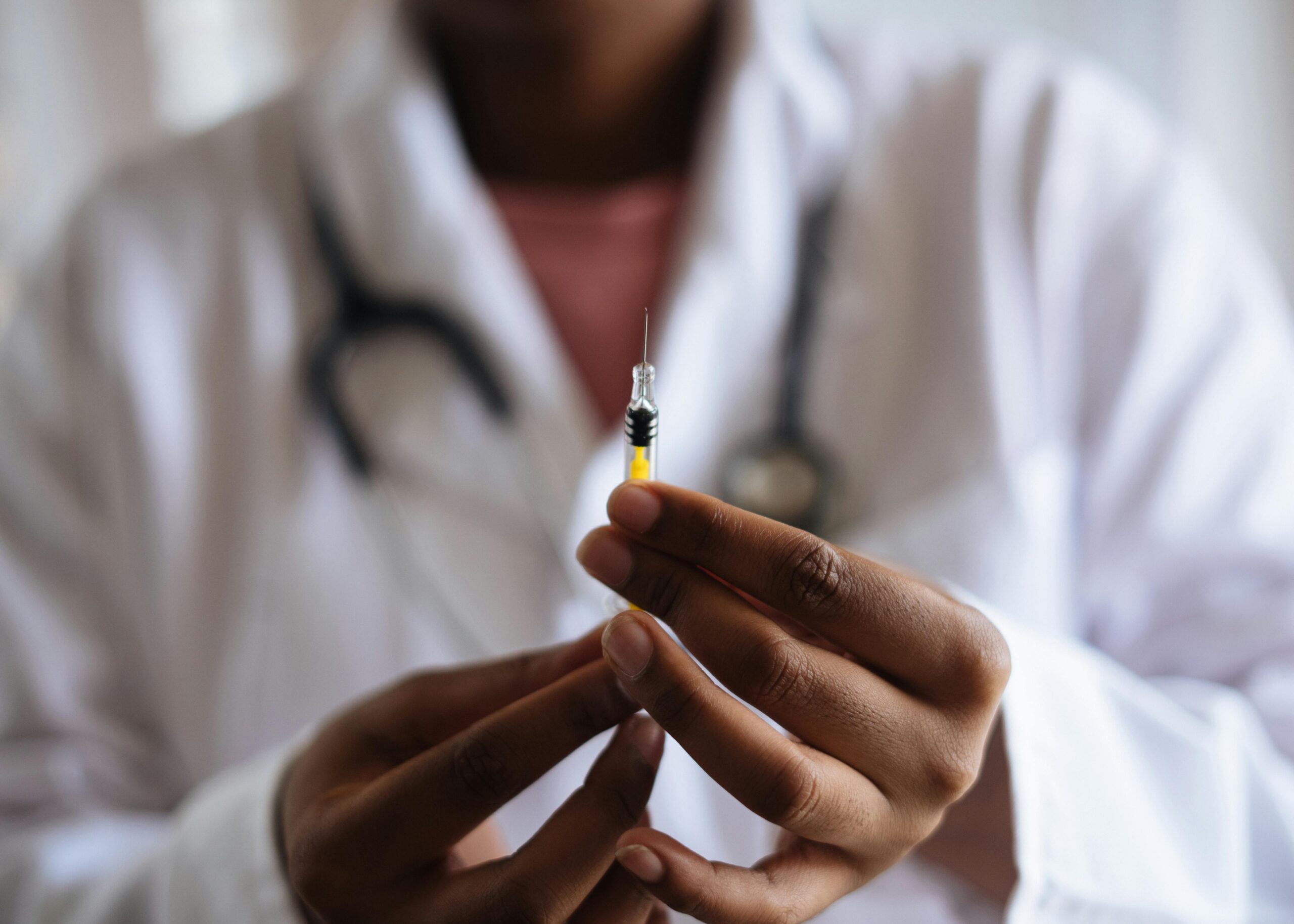Opioid addiction is a serious crisis, impacting millions of individuals and families across the United States. Opioid use disorder (OUD) leads to severe health, social, and economic consequences, with overdose deaths continuing to rise, driven in part by the spread of synthetic opioids like fentanyl. For those struggling with addiction, access to treatment is critical, but timely care is often difficult to find. Suboxone, a medication widely used in Medication-Assisted Treatment (MAT), has proven highly effective in helping people manage withdrawal symptoms, reduce cravings, and stabilize their lives.
However, finding treatment, especially quickly, can often be challenging. This is where walk-in Suboxone clinics come in—they offer immediate, same-day access to Suboxone treatment without needing an appointment, allowing individuals to start their recovery journey right away. If you or a loved one is battling opioid addiction and looking for help now, searching for a walk-in Suboxone clinic near me could be your lifeline. This guide will explain how Suboxone works, the benefits of walk-in clinics, what to expect during your visit, and how to find the right clinic near you.
The Urgency of Treating Opioid Addiction
The opioid epidemic has wreaked havoc on communities across the country. Prescription opioids, such as oxycodone, hydrocodone, and morphine, alongside illicit drugs like heroin and fentanyl, have led to a surge in addiction and overdose-related deaths.
Opioid addiction often begins with legitimate prescriptions for pain management following surgeries or injuries, but over time, tolerance builds, and dependency sets in. As individuals try to break free from opioid dependence, they face severe withdrawal symptoms, including intense cravings, anxiety, nausea, and insomnia, which often drive them back to drug use.
For people battling opioid addiction, timing is everything. The moment someone decides they’re ready to seek help is critical, and delaying access to treatment can lead to further use, relapse, or overdose. Waiting days or weeks for a scheduled appointment can be the difference between life and death. This is why walk-in Suboxone clinics, offering same-day access to care, are so important—they provide immediate treatment when it’s needed most.
Understanding Suboxone: A Key Medication for Opioid Addiction
Suboxone is a combination medication made up of buprenorphine and naloxone. Together, these components help manage the symptoms of opioid withdrawal, reduce cravings, and prevent misuse. Suboxone plays a central role in MAT programs and has become one of the most effective tools in combating opioid addiction.
Buprenorphine: A Partial Opioid Agonist
The main ingredient in Suboxone is buprenorphine, a partial opioid agonist. This means that it binds to the same opioid receptors in the brain that drugs like heroin, morphine, and fentanyl do, but only partially activates them. Buprenorphine helps relieve withdrawal symptoms and cravings without causing the intense euphoria or “high” that full opioids do.
A key feature of buprenorphine is its ceiling effect. Unlike other opioids, where increasing the dosage results in stronger effects, buprenorphine’s effects level off at a certain point, even if more of the drug is taken. This makes it far safer, significantly reducing the risk of misuse and overdose compared to full opioid agonists.
Naloxone: An Opioid Antagonist
The second component of Suboxone is naloxone, an opioid antagonist. Naloxone is included in Suboxone to prevent misuse by blocking the effects of opioids if the medication is tampered with. When Suboxone is taken as directed, either as a sublingual film or tablet, naloxone has little to no effect. However, if someone attempts to misuse Suboxone by injecting or snorting it, naloxone immediately blocks the opioid receptors, preventing the person from experiencing a high.
The inclusion of naloxone adds an extra layer of safety to Suboxone, reducing the risk of misuse and relapse, which is crucial in long-term recovery.
What is a Walk-In Suboxone Clinic?
A walk-in Suboxone clinic is a medical facility that provides immediate access to Suboxone treatment without the need for an appointment. These clinics specialize in treating opioid addiction and offer same-day services, allowing individuals to start treatment the moment they walk through the door.
Walk-in clinics are designed to remove the barriers that often prevent people from seeking treatment. Scheduling appointments, navigating insurance, or coordinating referrals can delay access to care, which is especially dangerous for people dealing with addiction. Walk-in clinics simplify this process, offering same-day care for patients ready to start their recovery journey immediately.
Walk-in clinics often provide a full range of services related to MAT, including initial assessments, medical evaluations, counseling, and follow-up care. These clinics are crucial for individuals who need quick, reliable access to treatment without the complications of traditional healthcare settings.
Benefits of Walk-In Suboxone Clinics
Walk-in Suboxone clinics offer several key benefits that make them an ideal option for individuals ready to start opioid addiction treatment:
- Immediate Access to Treatment
The most significant advantage of walk-in Suboxone clinics is the ability to receive immediate treatment. Unlike traditional clinics where patients may wait days or weeks for an appointment, walk-in clinics allow individuals to get help the same day they seek it. This is especially important for people experiencing withdrawal symptoms, as timely intervention can prevent relapse or even overdose.
- Minimal Barriers to Entry
Navigating the traditional healthcare system can be overwhelming for many people, particularly those battling addiction. The process of scheduling appointments, coordinating insurance, and waiting for referrals can feel insurmountable. Walk-in clinics remove these barriers by offering on-demand care, eliminating the need for appointments and lengthy wait times. This makes it easier for individuals to access the help they need without the stress of navigating complicated healthcare systems.
- Flexibility and Convenience
Walk-in Suboxone clinics often have extended hours, including evening and weekend availability. This flexibility allows individuals to seek treatment around their personal and professional commitments, making it easier to balance recovery with work, family, and other responsibilities. The ability to visit a clinic at a convenient time reduces the likelihood that individuals will delay seeking care, ultimately increasing the chances of successful recovery.
- Comprehensive Services
Many walk-in Suboxone clinics provide more than just medication. They often offer a range of comprehensive services, including medical assessments, counseling, and behavioral therapy. This holistic approach ensures that individuals receive the medical and psychological care they need to manage their addiction and build a foundation for long-term recovery.
Counseling and therapy are essential parts of recovery, as they help individuals develop coping strategies, address the underlying causes of addiction, and build resilience. Clinics that offer these services provide a more well-rounded approach to care, increasing the chances of sustained recovery.
- Reduced Risk of Overdose and Relapse
Access to immediate care can dramatically reduce the risk of overdose and relapse, particularly for individuals experiencing withdrawal symptoms. Without treatment, withdrawal can become unbearable, pushing people to use opioids again to alleviate their symptoms. Walk-in clinics provide immediate relief through Suboxone, stabilizing patients and preventing the cycle of relapse and overdose.
What to Expect During Your Visit to a Walk-In Suboxone Clinic
Visiting a walk-in Suboxone clinic is similar to visiting any other healthcare provider, but with the added benefit of immediate, no-appointment-necessary access. Here’s what you can expect during your visit:
- Intake and Initial Assessment
When you first arrive at the clinic, you will go through an intake process. This process involves a thorough evaluation of your substance use history, medical history, and overall health. The healthcare provider will ask you about the type of opioids you’ve been using, how long you’ve been using them, and any previous attempts you’ve made to quit.
The intake process is essential for creating a personalized treatment plan that addresses your specific needs. The clinic staff will also assess your current withdrawal symptoms and cravings to determine the appropriate dose of Suboxone.
In some cases, the assessment may include a physical examination and lab tests to check for any co-occurring health issues, such as liver damage, infections, or other conditions that may require additional treatment. The goal is to gather all the necessary information to create a treatment plan tailored to your needs.
- Starting Suboxone Treatment
Once the intake assessment is complete, and Suboxone is determined to be the appropriate medication for your treatment, you’ll begin your initial dose of Suboxone. The first dose is typically administered under medical supervision to ensure it effectively manages your withdrawal symptoms without causing excessive sedation or other side effects.
Suboxone is usually administered as a sublingual film or tablet that dissolves under the tongue. After the first dose, the healthcare provider will monitor your response to the medication and adjust the dosage if necessary. During the early stages of treatment, you may need to return to the clinic for regular follow-up appointments to ensure the medication is working correctly.
- Counseling and Behavioral Therapy
While medication like Suboxone is essential for managing the physical symptoms of opioid addiction, it’s not enough on its own. Long-term recovery requires addressing the emotional and psychological aspects of addiction as well. This is where counseling and behavioral therapy come into play.
Most walk-in Suboxone clinics offer counseling services as part of their treatment programs. These services may include:
- Individual counseling: One-on-one therapy sessions that allow individuals to explore the underlying causes of their addiction, develop coping strategies, and set goals for recovery.
- Group therapy: Group therapy provides a supportive environment where individuals in recovery can share their experiences, offer encouragement, and learn from one another. Group therapy helps build a sense of community and reduces feelings of isolation.
- Family therapy: Addiction often affects the entire family, not just the individual struggling with substance use. Family therapy helps repair damaged relationships, improves communication, and provides a support system for the person in recovery.
Counseling and therapy are vital components of the recovery process, as they help individuals develop the tools and strategies needed to maintain long-term sobriety.
- Long-Term Monitoring and Support
Recovery from opioid addiction is a long-term process, and ongoing support is critical to maintaining sobriety. Most walk-in Suboxone clinics provide long-term monitoring to ensure that patients continue to make progress in their recovery journey.
After the initial stabilization period, many patients can take Suboxone at home, returning to the clinic for regular follow-up visits. During these visits, the healthcare provider will monitor your progress, adjust your dosage if necessary, and provide ongoing counseling and support. Regular urine screenings may also be conducted to ensure that you are adhering to your treatment plan.
Finding a Walk-In Suboxone Clinic Near Me
If you’re ready to start treatment and are searching for a walk-in Suboxone clinic near me, there are several ways to find a clinic in your area:
- Search Online
A quick search using the keywords “walk-in Suboxone clinic near me” can provide a list of clinics in your area. Many clinics have websites where you can learn more about their services, hours of operation, and whether they accept walk-ins. Reading online reviews can also give you a sense of the quality of care provided by the clinic.
- Use SAMHSA’s Treatment Locator
The Substance Abuse and Mental Health Services Administration (SAMHSA) offers a Treatment Locator Tool that allows you to search for certified MAT providers in your area. You can filter results based on your location, services offered, and payment options to find a clinic that suits your needs.
- Contact Local Hospitals and Addiction Treatment Centers
Many hospitals and addiction treatment centers offer walk-in services for individuals seeking Suboxone treatment. Contacting these facilities directly can help you determine whether they offer walk-in options and whether they are currently accepting new patients.
- Ask Your Primary Care Provider
If you have a primary care doctor or another healthcare provider, ask them for recommendations on walk-in Suboxone clinics in your area. Many healthcare providers are familiar with local addiction treatment resources and can refer you to a clinic that offers immediate care.
- Explore Telehealth Options
Some clinics offer telehealth services, allowing you to receive Suboxone treatment remotely. While not all clinics offer telehealth for walk-ins, it’s worth asking if this option is available, particularly if you live in a rural area or have difficulty accessing in-person care.
Renew Health: Your Partner in Recovery
At Renew Health, we are committed to providing compassionate, accessible care for individuals struggling with opioid addiction. Our walk-in Suboxone clinic offers same-day access to medication, counseling, and comprehensive support services to help individuals start their recovery journey immediately.
Our Walk-In Suboxone Clinic Offers:
- Medication-Assisted Treatment (MAT): We use Suboxone as part of a comprehensive MAT program to help individuals manage cravings and withdrawal symptoms.
- Counseling and Therapy: Our experienced counselors provide individual, group, and family therapy to address the emotional and psychological aspects of addiction.
- Long-Term Support and Monitoring: We provide regular follow-up appointments to ensure that Suboxone treatment is working effectively and to adjust the dosage as needed.
- Telehealth Services: For those who cannot attend in-person appointments, we offer telehealth services that allow patients to receive Suboxone prescriptions and counseling remotely.
Conclusion
Finding a walk-in Suboxone clinic near me is a critical first step for individuals seeking immediate help for opioid addiction. Walk-in clinics provide same-day access to life-saving medication, along with counseling and support services to help individuals achieve long-term recovery. By offering flexible, comprehensive care, walk-in Suboxone clinics make it easier for individuals to start their recovery journey without the delays and barriers often associated with traditional healthcare settings.
At Renew Health, we are dedicated to helping individuals overcome opioid addiction, including addiction to heroin or fentanyl and build a foundation for lasting recovery. If you or a loved one is seeking walk-in Suboxone treatment, contact us today to learn more about our services and how we can support you on your path to recovery.




